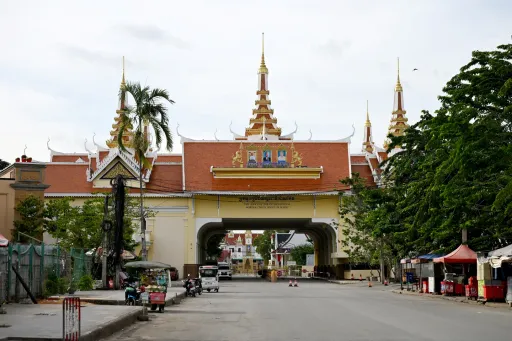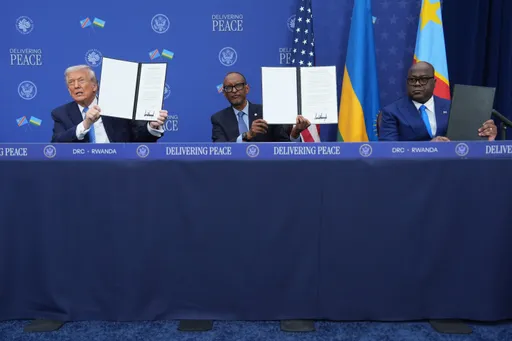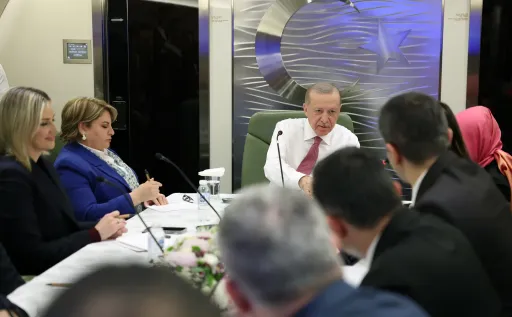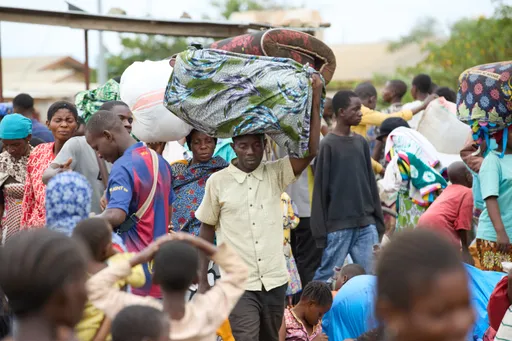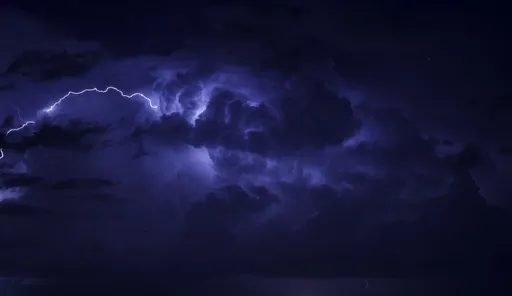By Ahmet Furkan Ozyakar
The deaths of Iranian president Ebrahim Raisi and the foreign minister Hossein Amirabdollahian in a helicopter crash have precipitated questions regarding the future trajectory of Iran’s foreign policy and the diplomatic ramifications that might ensue.
In less than three years in office, Raisi prioritised the development of Iran's foreign policy with regards to political and economic relations with non-Western countries to alleviate the pressure on the Iranian economy caused by the US sanctions.
To this end, the Raisi administration pursued a proactive foreign policy with the revival of the ‘Look to the East’ policy, improving bilateral relations with Russia and China, as well as conducting official visits to Latin America and Africa.
As a result of these diplomatic efforts, Iran last year secured full membership in the Shanghai Cooperation Organisation (SCO) and joined the BRICS group.
Furthermore, Raisi's administration has significantly enhanced Iran's relationship with Russia, particularly in terms of military cooperation and support, notably by providing Shahed drones during the ongoing conflict in Ukraine.
In the context of regional politics, Iran in 2023 made substantial strides towards rapprochement with Saudi Arabia with the mediation of China.
Diplomatic engagements also extended to Egypt, with meetings between Iranian officials and President Abdel Fattah El Sisi. These efforts represented a broader strategy to re-establish and strengthen Iran’s influence and relations in the Middle East.
Although Iran’s Supreme Leader Ayatollah Ali Khamenei and the IRGC are the primary decision-makers in setting the foreign policy, the absence of late Foreign Minister Abdollahian may have more profound implications than that of Raisi.
Described by conservative lawmaker Ali Alizadeh, as the "Soleimani of diplomacy," he was a pivotal conservative figure, garnering support from the Islamic Revolutionary Guards Corps (IRGC).
Amid regional turmoil, he was instrumental in shaping Iran's growing influence in the Middle East. Compared to his predecessor, Javad Zarif, Abdollahian's foreign ministry prioritised relations with the Middle East and made strategic diplomatic reintegration into the region.
Appointing a foreign minister similar to Abdollahian in terms of expertise and regional understanding could help Iran mitigate diplomatic disruptions, particularly concerning continuation of the rapprochement process with Saudi Arabia and Egypt.
What to expect?
The diplomatic implications of the deaths of Raisi and Abdollahian are anticipated to be significant in four areas.
Firstly, Iran's support for the Axis of Resistance, deemed critical for national security, will likely remain a cornerstone of its foreign policy. This support includes backing of Bashar al Assad in Syria, Hezbollah in Lebanon, Hamas in Palestine, Popular Mobilization Forces in Iraq, and the Houthis in Yemen.
Secondly, Iran's stance on the Palestinian issue and its support for Hamas will remain intact under the new administration.
Thirdly, Iran's economic and military relations, especially with Russia and China, are poised to grow further.
Finally, the ongoing challenge of negotiating a return to the nuclear deal remains. Hence, the new government will likely continue seeking new nuclear negotiations, particularly in light of the upcoming presidential election in the United States.
The impact of these diplomatic shifts is expected to be two-pronged: involving both the continuity and potential revision of existing foreign policy strategies. On the side of continuity, maintaining and consolidating the Axis of Resistance will be crucial. Iran’s foreign policy since the aftermath of the 2011 Arab Spring, has been heavily focused on safeguarding national security—an approach which is unlikely to change. Additionally, fostering and enhancing relations with Russia and China will be essential for the new administration.
Just prior to the helicopter crash, the last noteworthy diplomatic development of the Raisi era occurred during the opening of the Qiz Kalesi Dam on the Iran-Azerbaijan border.
Following the Second Karabakh War, the Iranian government had vehemently criticised the opening of Zangezur Corridor that provides a direct transit route between Azerbaijan and Nakkchivan and bypasses both Iran and Armenia.
The inauguration of the dam encouraged both sides to advance bilateral relations. Building on the legacy of Raisi’s diplomatic mission, the new administration is likely to further relations with Azerbaijan.
In Iran’s political system, Khamenei holds ultimate authority in all significant state matters, while the IRGC wields considerable power as well.
This structure substantially limits the power and influence of the president. Therefore, despite the election of a new president and appointment of a new foreign minister, the core foreign policy strategies will remain under the purview of the Supreme Leader and the IRGC.
Both entities have maintained a stance that is neither as confrontational as former President Mahmoud Ahmadinejad’s, nor as conciliatory towards the West as the policy of former President Hassan Rouhani and his foreign minister, Javad Zarif.
The forthcoming presidential election, scheduled for June 28, will see presidential candidates approved by the Guardian Council competing for the presidency.
It is anticipated that the Council will be even more rigorous in vetting candidates than the last time, and conservatives will dominate, ensuring a smooth transition of power and continuity in Iran’s strategic objectives.
However, Seyed Hossein Mousavian, a former Chief of Iran’s National Security Foreign Relations Committee, proposes two contending hypotheses regarding who will control the Iranian government. One of them suggests that radical principlists will strengthen their grip over the administration, potentially increasing tensions between Iran and the West. The other posits that moderate factions within the principlists will emerge, which may enhance the prospects of mitigating tensions. Moreover, some fear that the powerful IRGC will come to exercise more power in domestic and regional policies.
The new president's position will significantly influence Iran’s future geopolitical landscape on critical matters such as the nuclear programme, relations with Israel, and interactions with the US.
However, given Iran’s entrenched foreign policy principles, the fundamental approach towards resistance over compromise is expected to persist. The newly elected president will also have to navigate these policies within the framework set by the Supreme Leader and the IRGC so that the ultimate objective will remain the same.
As the new administration takes shape, global powers will closely observe how Iran navigates its foreign policy amidst the internal and external challenges it faces.









